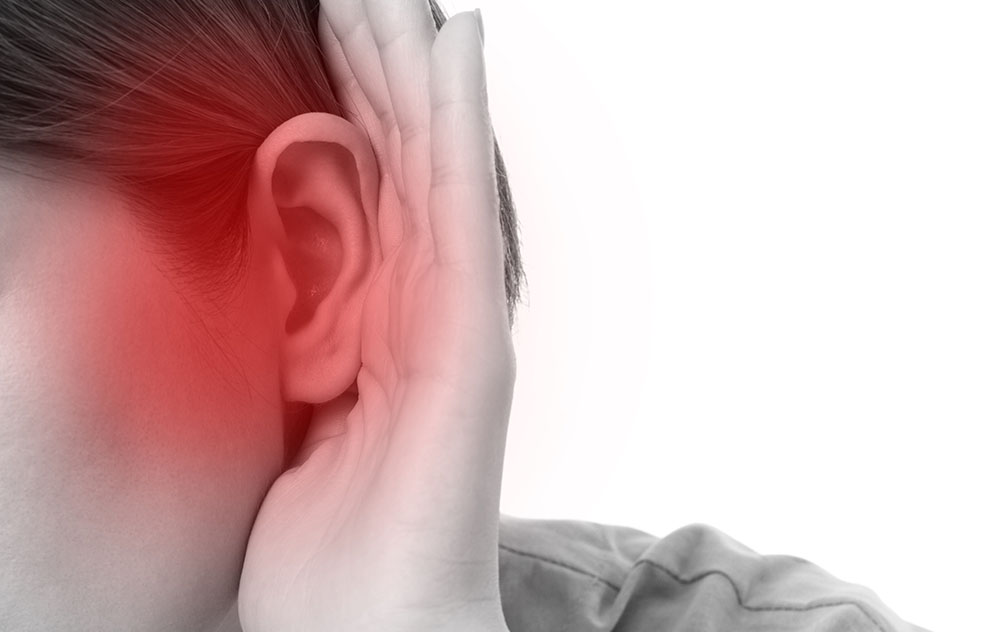
What Causes Tinnitus?
Tinnitus describes a condition in which the sufferer hears sounds that come from no external source; the sounds are usually described as being ‘ringing’ or ‘buzzing’ sounds and can be either high or low pitched. Tinnitus is actually very common, with most sufferers experiencing symptoms only occasionally. Unfortunately, for others, tinnitus can be very severe and have a negative impact on their quality of life. It isn’t a disease in itself, but a symptom of an underlying health problem. As such, it should never be ignored.
What causes tinnitus?
The sounds experienced by tinnitus sufferers are caused by a communication problem between the inner ear and the auditory nerves in the brain. When tiny hair-like cells in the inner ear become damaged (as a result of age or exposure to loud noise), their ability to transmit information to the brain is impaired. This phenomenon results in auditory nerve cells ‘feeding back’ to the ear, asking for more information. So, the sounds experienced by tinnitus sufferers are actually coming from the brain rather than the ear!
Is tinnitus a sign that my hearing is damaged?
There is an extremely strong connection between tinnitus and hearing loss. One survey estimated that around 10-15 percent of the general population suffer from tinnitus, as opposed to a staggering 70-85 percent of the hearing-impaired population. As hearing loss is often very mild and develops gradually, many tinnitus sufferers have not even considered the possibility that they also have hearing loss!
What should I do if I suffer from tinnitus?
Firstly, you should make an appointment with your doctor. There are a few, very rare conditions which can cause tinnitus and could be life-threatening. While it is highly unlikely that this applies to you, it is always better to be safe than sorry. Your doctor will be able to refer you to a hearing care professional for further testing. If your tinnitus symptoms turn out to be associated with hearing loss (which is quite likely), consider hearing aids as a treatment option to reduce the severity of your symptoms and prevent them from worsening. Several studies have validated the use of hearing aids in this way. The idea behind this is that hearing aids will supply your brain with more well-rounded auditory information; this can reduce incidences of inner-ear-to-brain miscommunication that result in tinnitus. If you have been experiencing tinnitus and think you may be suffering from hearing loss, contact a hearing care provider in your area today to book your hearing test.

